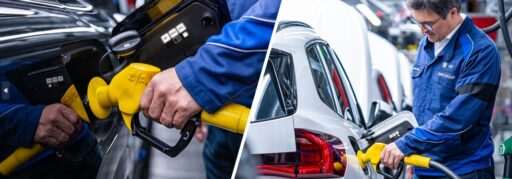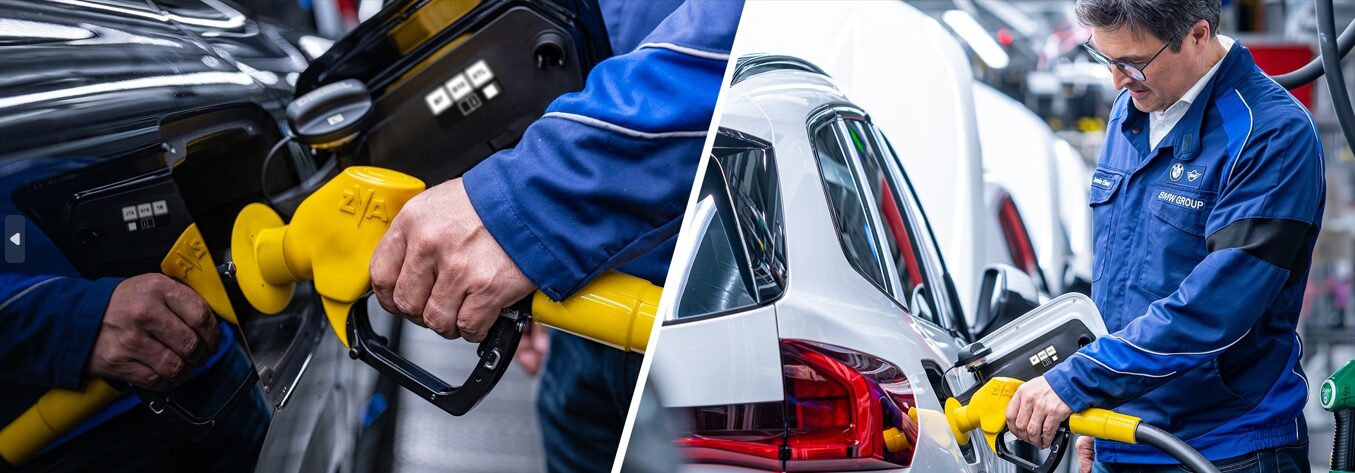BMW Group is taking a decisive step towards reducing CO2 emissions by introducing HVO 100, a renewable diesel fuel made from hydrotreated vegetable oil, for the initial factory fill of all diesel models produced in Germany.
The fuel offers up to 90% lower CO2 emissions compared to fossil diesel, contributing significantly to sustainability efforts.
HVO 100, sourced from Finnish manufacturer Neste, is derived from waste materials such as used cooking oils, without palm oil or conventional biodiesel.
READ MORE: NIO Wins Two HERA Awards, Strengthening Industry Leadership in ESG Excellence
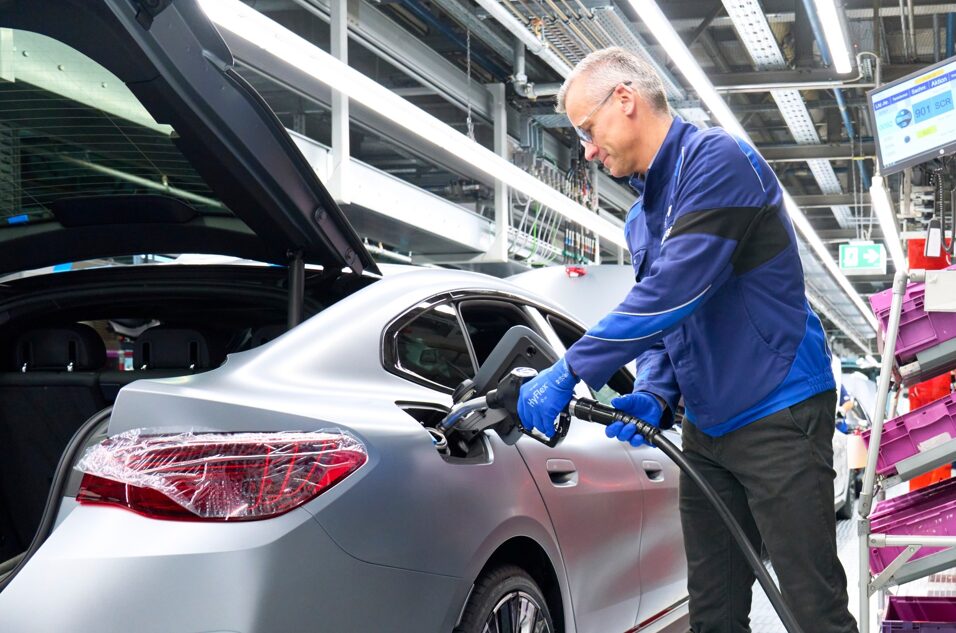
The initiative covers BMW plants in Munich, Dingolfing, Regensburg, and Leipzig, which produce over half of the company’s diesel-powered vehicles. Each vehicle is initially filled with 5–8 liters of this high-quality, low-emission fuel before delivery.
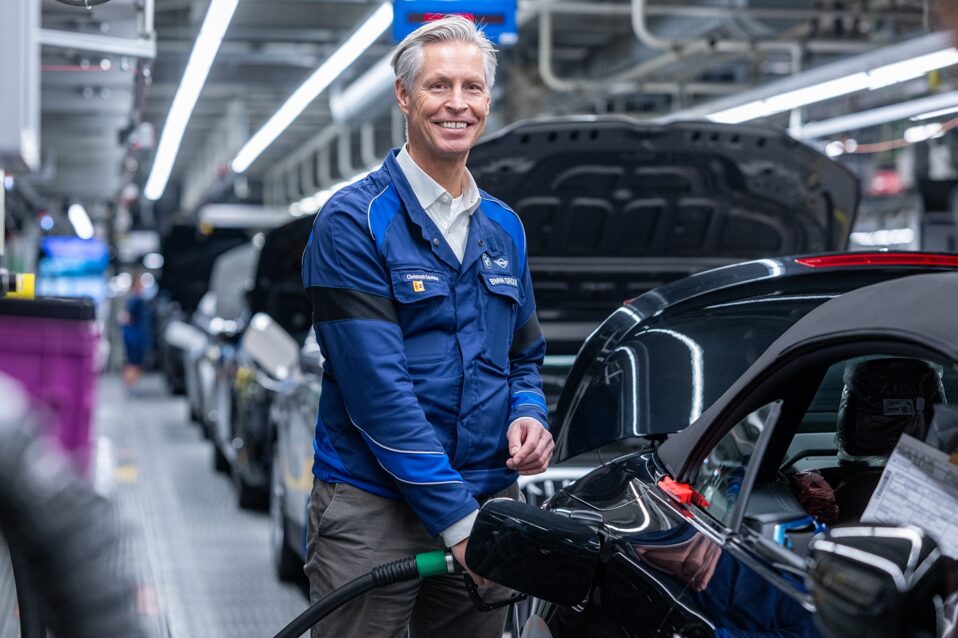
The renewable diesel fuel also enhances vehicle performance with improved cold-start behavior and resistance to microbial contamination. Additionally, the BMW Group has incorporated HVO 100 into its logistics fleet, reducing emissions for supply routes between production facilities.
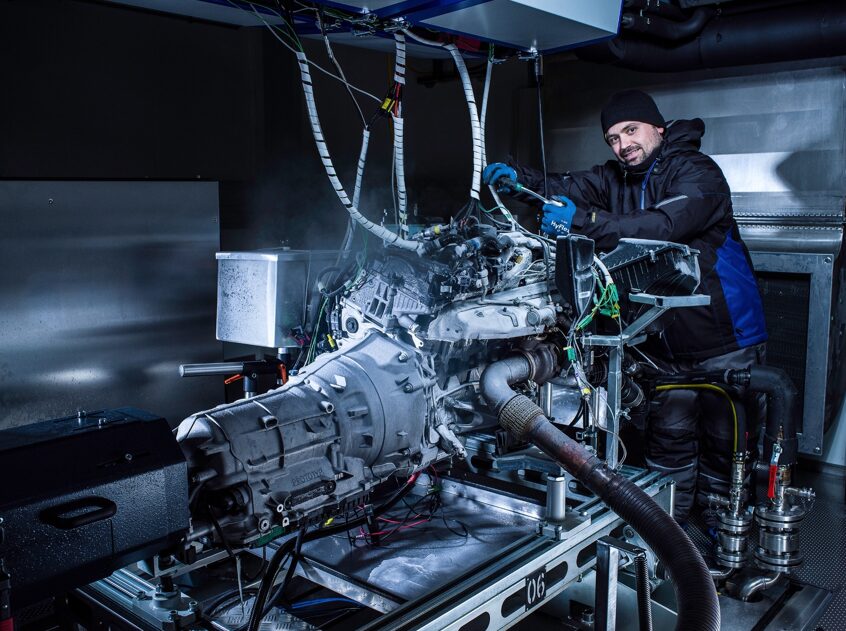
BMW is advocating for ambitious renewable fuel quotas, calling for at least 30% greenhouse gas reductions under the EU Renewable Energy Directive by 2025. By collaborating with Neste and joining the eFuel Alliance, the company aims to accelerate the adoption of renewable fuels across industries.
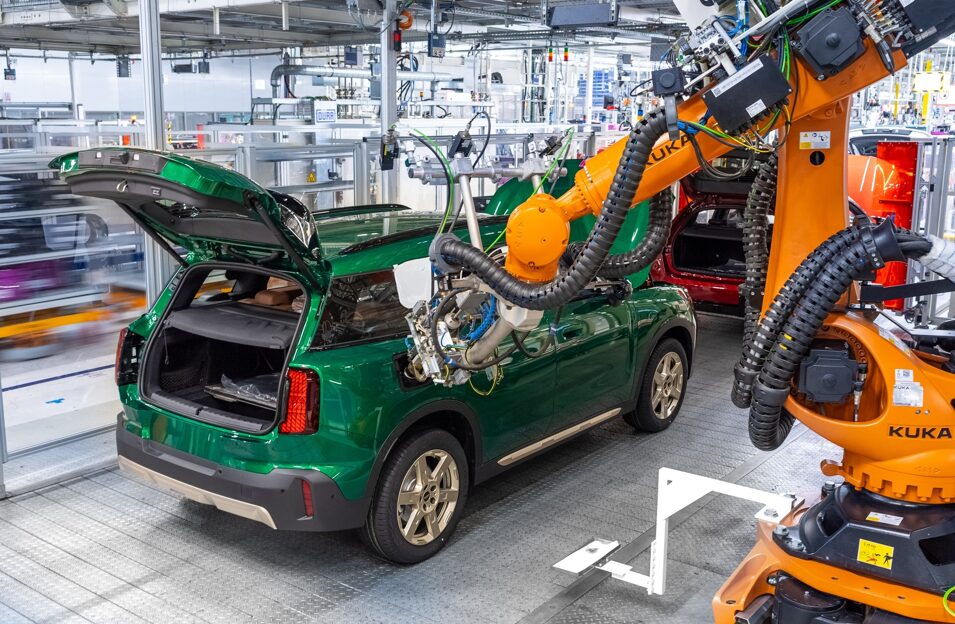
This initiative underscores BMW Group’s commitment to leveraging innovative solutions for immediate and impactful CO2 reductions, aligning with its broader climate protection goals.
Source: BMW Group Launches Diesel Models with HVO 100 for Immediate CO2 Savings
Subscribe today for the freshest car news delivered to your inbox
